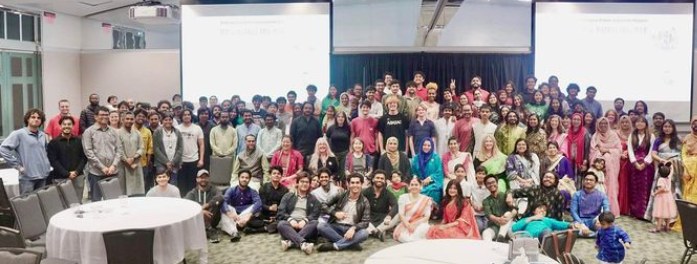Tulane University in New Orleans invited renowned Cuban documentary and filmmaker Gloria Rolando to speak at a showing of her newest documentary, “Dialogo con mi Abuela.”
Rolando sets up “Dialogo con mi Abuela” with recorded conversations between her and her grandmother, Inocencia Armas Abreu, who is directly connected to the African continent by her grandmother, recounts to her the memories she has collected while living in Santa Clara, Cuba. The opening scene of the documentary begins with songs passed down through the generations of Afro-Cuban slaves known as Bembe, who are directly connected to the Yoruba religious traditions of West Africa.
“Dialogo con mi Abuela” is a journey of discovery on the part of Rolando through her grandmother’s memories of the streets of Santa Clara and the world of the Pre-Communist Cuba. This documentary deeply explores what it means to not only be black but to also be a black Cuban in the modern era and in the segregationist past.
Cuba, like the United States, was highly segregated by policies that were incredibly similar to Jim Crow laws on the mainland. Abreu tells many stories concerning this immense factor in the lives of countless people. Even today in Cuba, there are horrendous and grotesque representations of the Afrodescendientes that are sold to tourists in the forms of statues and other trinkets. Despite all this, Rolando shows the audience how much there is to be proud of being an Afro-Cuban and having a rich culture composed of Bembe, surviving Yoruba traditions, the fight for Cuban independence and her grandmother.
What appears to be more central to the thesis of this film, however, is the self-discovery that Rolando uncovers through the examination of her grandmother’s memories and revisiting the streets of Santa Clara in both the present and the past through photos and newspapers that survived the passage of time.
After the presentation of the 40-plus minute documentary, Rolando held a Q-and-A session and listened to comments regarding the film. One particular comment about the grandmother of an audience member and her family’s history led to Rolando answering that this “tribute to her memory in Santa Clara” can be felt universally. She described the memories of her grandmother, the smells of the kitchen and how everyone can be reminded of his or her own grandmother.
It is for this specific reason that this is an incredible documentary. Not only does it bring some of Cuba into the lives of its audience, but it also brings the sentiments of the audience’s attention with the relative universality of the positive memories of a grandmother.





























